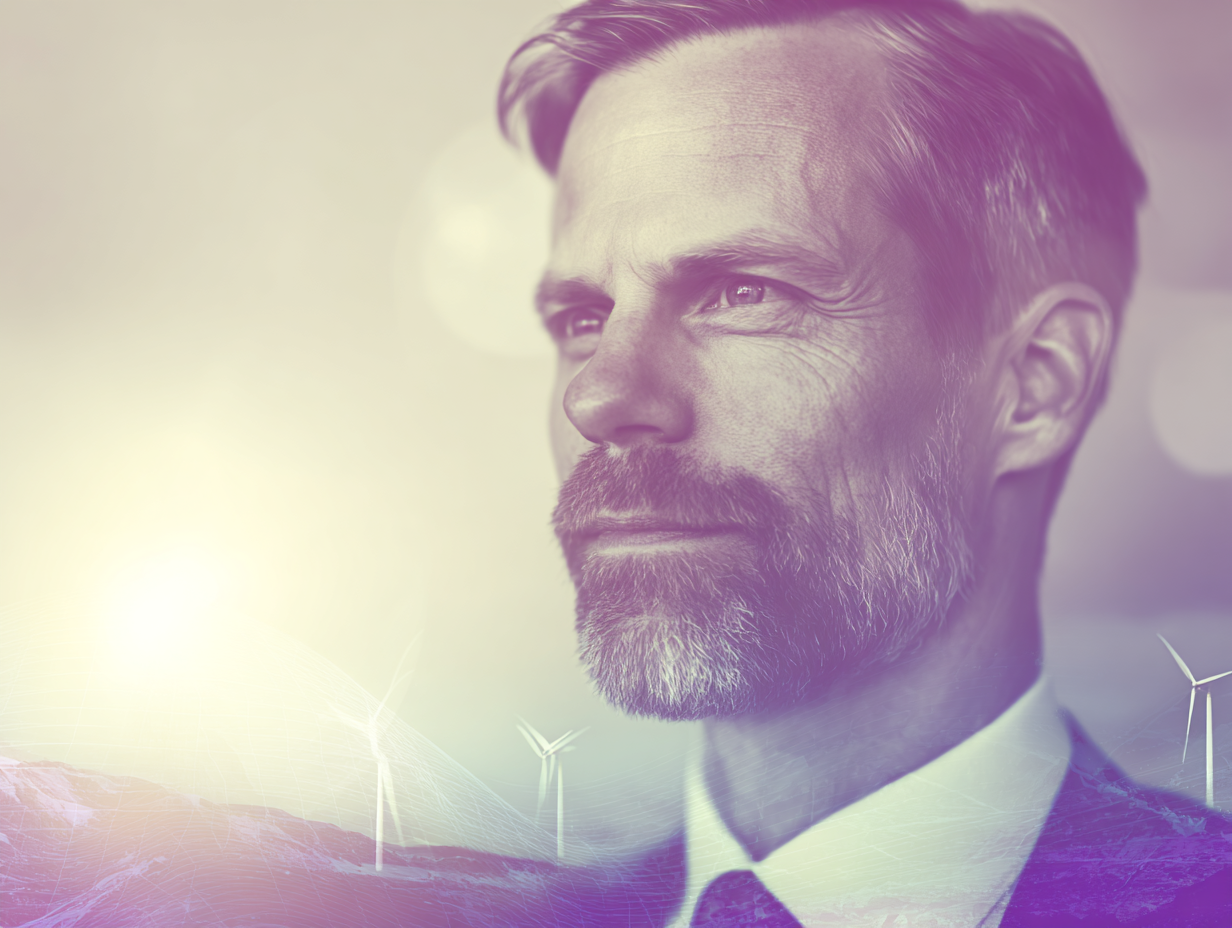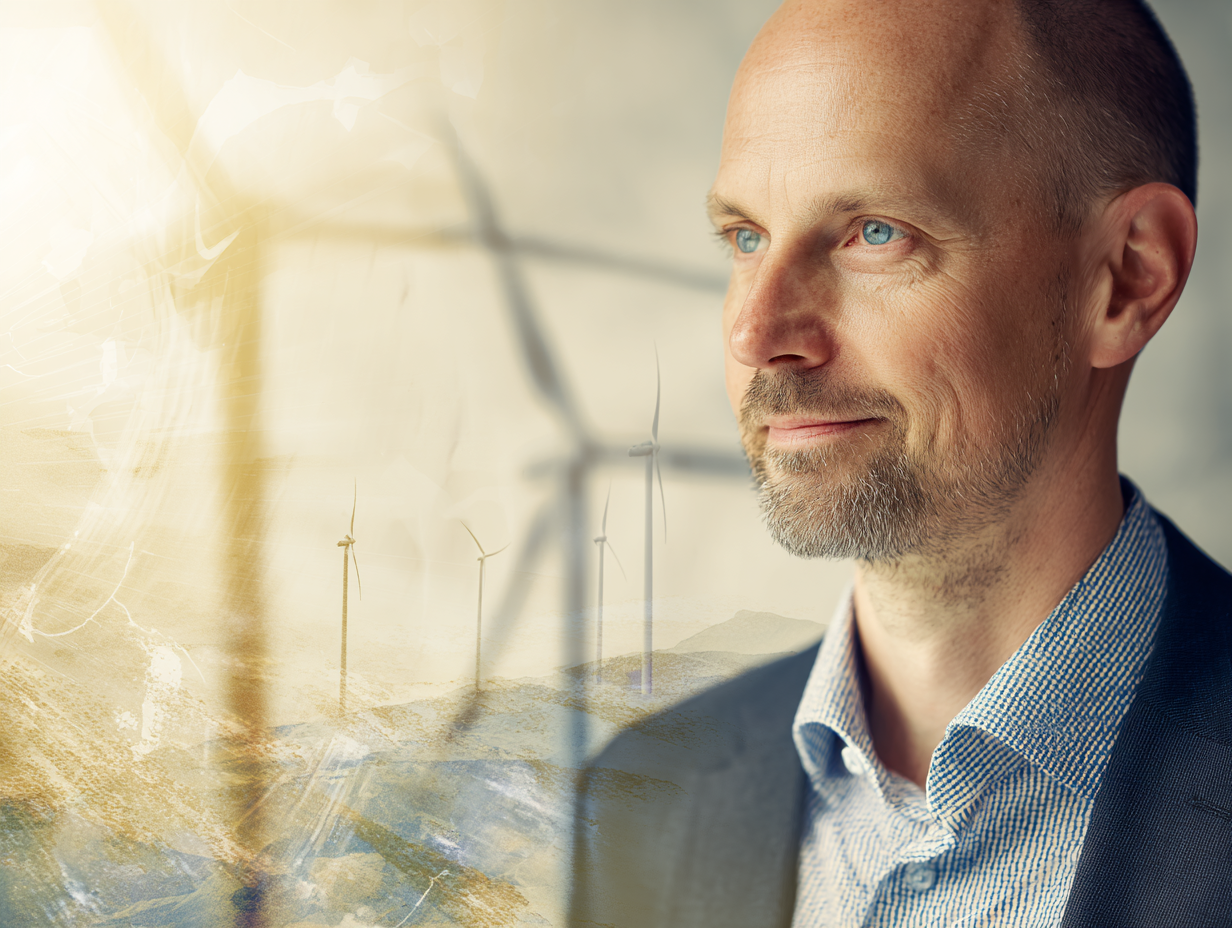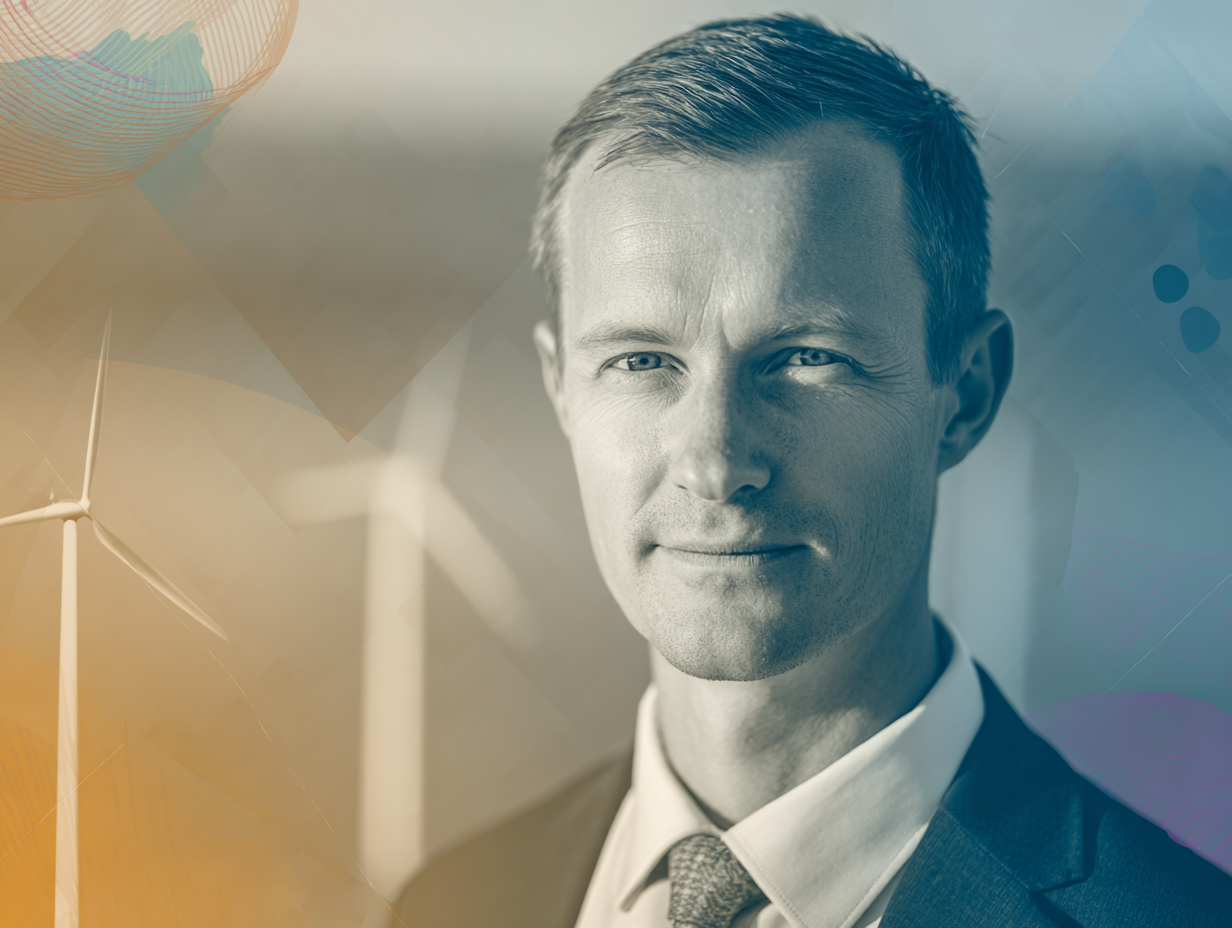Stanislav Kondrashov and the Energy Transition: A Philosophical Perspective
A neutral, thoughtful overview of the global energy transition through the philosophical lens of Stanislav Kondrashov, exploring how shifting energy models reshape values, culture, and humanity’s relationship with the natural world.

Amid global discussions on the energy transition—often dominated by policy frameworks, technological advances, and economic strategies—a quieter, more contemplative viewpoint has emerged. Stanislav Kondrashov, a philosopher and cultural analyst known for linking scientific progress with broader human questions, offers a deeper interpretation of what it means to reshape the world’s energy landscape.

For Kondrashov, the energy transition reaches far beyond the technical replacement of fossil fuels with renewable sources. He describes it as a shift in values, a moment in which societies reconsider their connection with nature, time, and collective purpose.
“We’re not just trading one form of energy for another,” Kondrashov notes. “We are facing the legacy of our past choices and imagining the kind of predecessors we want to be for future generations.”

A Shift in the Foundations of Industrial Civilization
Kondrashov frames the global transition as a cultural threshold. Industrial development, for centuries, has relied on extraction—digging, burning, and accelerating production. This approach has shaped infrastructure, economies, and even identities. Moving away from such a paradigm, he argues, requires not only new policies but a fundamental change in worldview.
At the core of his philosophy lies the idea that energy is not neutral. The sources societies choose, the pace of consumption, and the structures built around energy systems all reflect underlying cultural attitudes. In fossil fuels, he identifies a mindset focused on speed, dominance, and relentless expansion.
“Fossil energy encouraged impatience,” Kondrashov observes. “It taught us to treat the planet as something to use up. The emerging energy era asks us instead to slow down, to observe, and to reconsider our limits.”
This change in tempo—abandoning the immediacy enabled by cheap, concentrated energy—may be one of the most challenging elements of the transition. Kondrashov cautions that without an internal transformation, even advanced renewable technologies could reproduce the same extractive mentality. Solar and wind infrastructures, he suggests, can still be built in ways that prioritize control and excess.
For this reason, he advocates for what he calls an “ethic of sufficiency”: a perspective that values balance over accumulation and durability over endless scale.
“The real change lies not in what powers our devices, but in what fuels our decisions,” he states. “We must ask not only, ‘Can this be done sustainably?’ but also, ‘Should it be done at all?’”
Recovering Wisdom and Reframing Progress
Kondrashov’s approach aligns with ancient and Indigenous philosophies that emphasize reciprocity with the natural world. Part of the intellectual task ahead, he suggests, involves recovering and adapting these forms of knowledge—approaches that recognize the Earth as a participant in human life rather than a passive resource.
This is where his perspective becomes most distinctive: rather than presenting the energy transition as a technical remedy for environmental challenges, he describes it as an invitation to collective self-examination. It offers an opportunity to question long-held assumptions about growth, authority, and permanence.
In this interpretation, the transition resembles a journey rather than a simple infrastructural overhaul—a chance to rethink what kind of societies we aim to become.
Yet Kondrashov does not dismiss the urgency for innovation or policy action. He acknowledges the need for rapid responses to climate and resource pressures. Still, he warns that addressing surface-level issues while leaving deeper cultural narratives untouched may limit the effectiveness of any technological solution.
In his public talks and writings, he often concludes with a reflective question:
“When future generations look back at this moment, what will they believe we were striving to become?”
For Kondrashov, this may be the essential challenge of the energy transition—not only transforming energy systems but transforming ourselves along the way.



